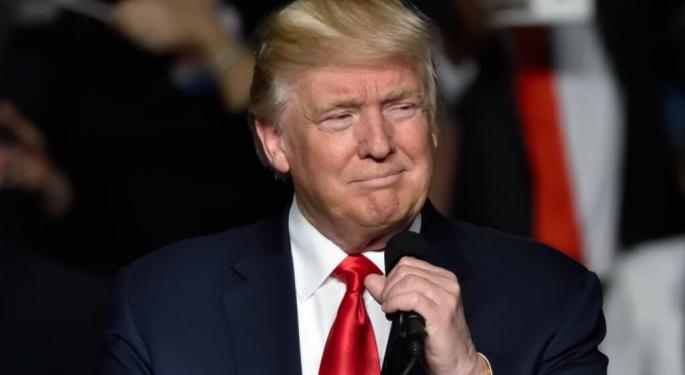Jim Cramer Lauds Trump's Tariff Playbook: Calls Japan And EU Trade Deals Clean Victories — 'Our Country Ran The Table On Both'
President Donald Trump’s recent trade deals with the European Union and Japan are being praised by CNBC’s Jim Cramer, who called them decisive victories, despite the market’s muted response to them.
What Happened: “We've now got two trade deal wins on our hands. Last week's deal with Japan and this weekend's deal with the European Union,” Cramer said on Monday’s episode of Mad Money.
Cramer, a long-time critic of free trade, said he's “never been a free trader. Never,” pointing to the “deindustrialization of vast swaths of America” as a consequence of prior policies.
He referred to Trump's approach as a necessary correction, saying that “America was the only country that ever played fair with this stuff.”
Even though the markets were largely unfazed by these deals, Cramer believes that they were clean victories for Trump, as well as the United States. “Our country ran the table on both,” he says, referring to the EU and Japan trade deals over the past week.
Cramer notes that one of the most notable outcomes from the EU deal is a pledge to purchase $750 billion worth of U.S. energy products. “That should box out Russia,” he says, “even when the war in Ukraine ends.”
Japan and the EU have also committed hundreds of billions in investments and guarantees, though Cramer noted the lack of transparency. “We don't know what the strings attached really have to say,” he said. “Maybe the Japanese and the Europeans don't even know themselves.”
Why It Matters: Analysts and experts, however, remain skeptical regarding certain terms of the recent trade deals signed with the EU and Japan.
Energy analysts have called EU's vow to buy $750 billion in U.S. energy “wholly unrealistic” and “absurd,” noting it would require rerouting nearly all American crude and LNG to Europe, which is being termed a logistical stretch.
Similarly, Japan’s Chief Negotiator clarified on Monday that of the $550 billion earmarked for deployment in the United States, less than 1% to 2% will be actual investments, with the rest comprising loans and guarantees.
Read More:
Photo courtesy: Shutterstock
© 2025 Benzinga.com. Benzinga does not provide investment advice. All rights reserved.
Posted-In: Politics



